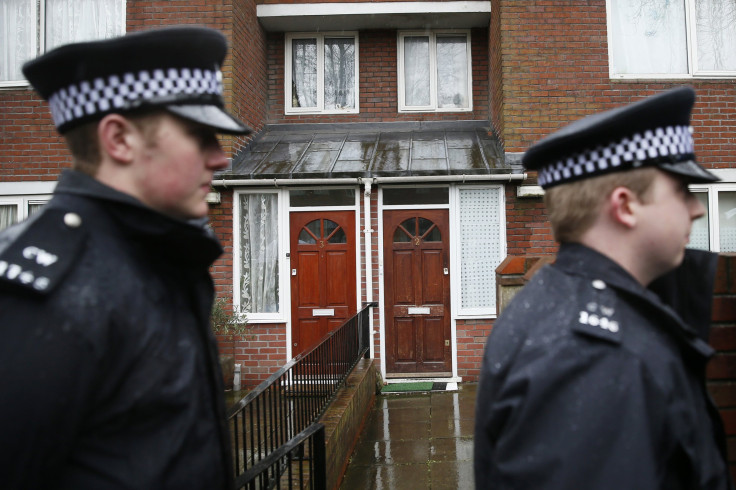London Ahavas Torah Synagogue Attack: 6 Arrested After 'Anti-Semitic' Mob Violence

Six people were arrested in connection with a mob attack on a London synagogue Sunday that left one worshipper injured. While police said the attack on the synagogue in the Stamford Hill section of north London was likely not linked to extremist groups, they are nonetheless treating the case as an anti-Semitic incident because of remarks reportedly made by one of the suspects and are continuing to look for anyone else involved.
"At this early stage, there is no suggestion that this was a far-right or extremist attack but rather the completely unacceptable actions of a drunken group,” a police spokesman said, according to the BBC. "The incident is being treated as an anti-Semitic incident, due to remarks made by one of the group.”
Four men and two women were detained on public-order offenses for allegedly forcing their way into the Ahavas Torah synagogue early Sunday morning as congregants celebrated the end of the Sabbath. Worshippers could be seen defending themselves with various objects in video footage on YouTube that appeared to show the incident.
Police said one of the congregants suffered a minor facial injury after attempting to prevent the group from entering the building, Reuters reported. The participants in the attack were drunk and likely walked to the synagogue from a nearby house party, police said, adding that patrols would be stepped up in the area in order to reassure the local community. About 30,000 Hasidic Jews live in Stamford Hill, one of the largest Orthodox Jewish communities in Europe.
The attack comes amid concerns about growing anti-Semitism in Europe following an attack on a Copenhagen, Denmark, synagogue last month that left two people dead. With evidence showing that anti-Semitic attacks have become more frequent on the continent over the last decade, Jewish leaders in various European countries have urged governments to guarantee the safety of their communities.
© Copyright IBTimes 2024. All rights reserved.






















